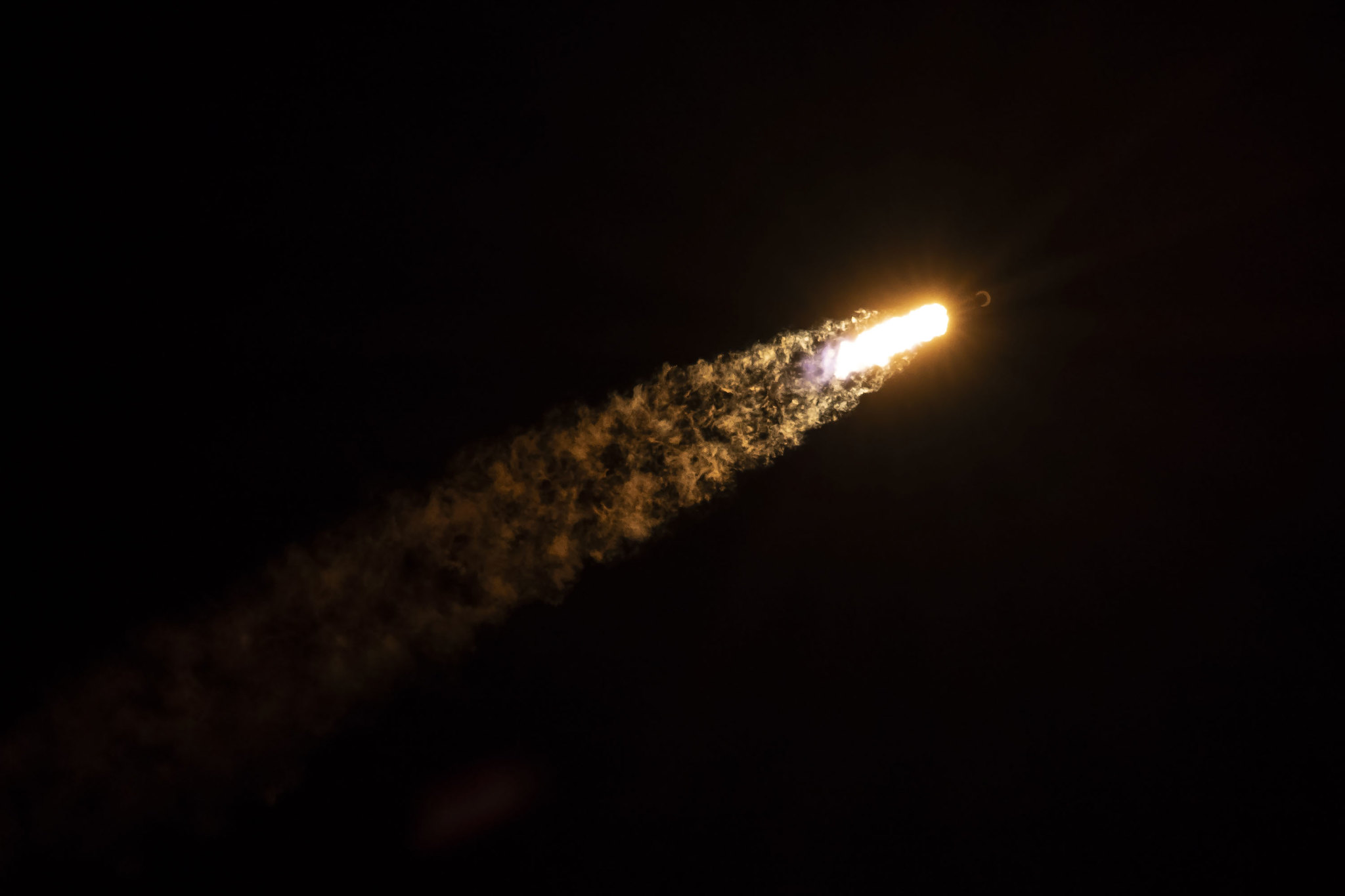ponytug
Super Member
Steps for larger deployment as I understand it stand at;

All the best,
Peter
- The orbital planes are supposed to be full toward the end of next month.
- But who knows if the new satellites will all make it to "their" target orbits
- Availability of the "Lower cost" antenna, perhaps the rectangular one filed with the FCC
- This may also be dependent on chip supplies opening up
- "Optimized" network for stability and speed
All the best,
Peter

